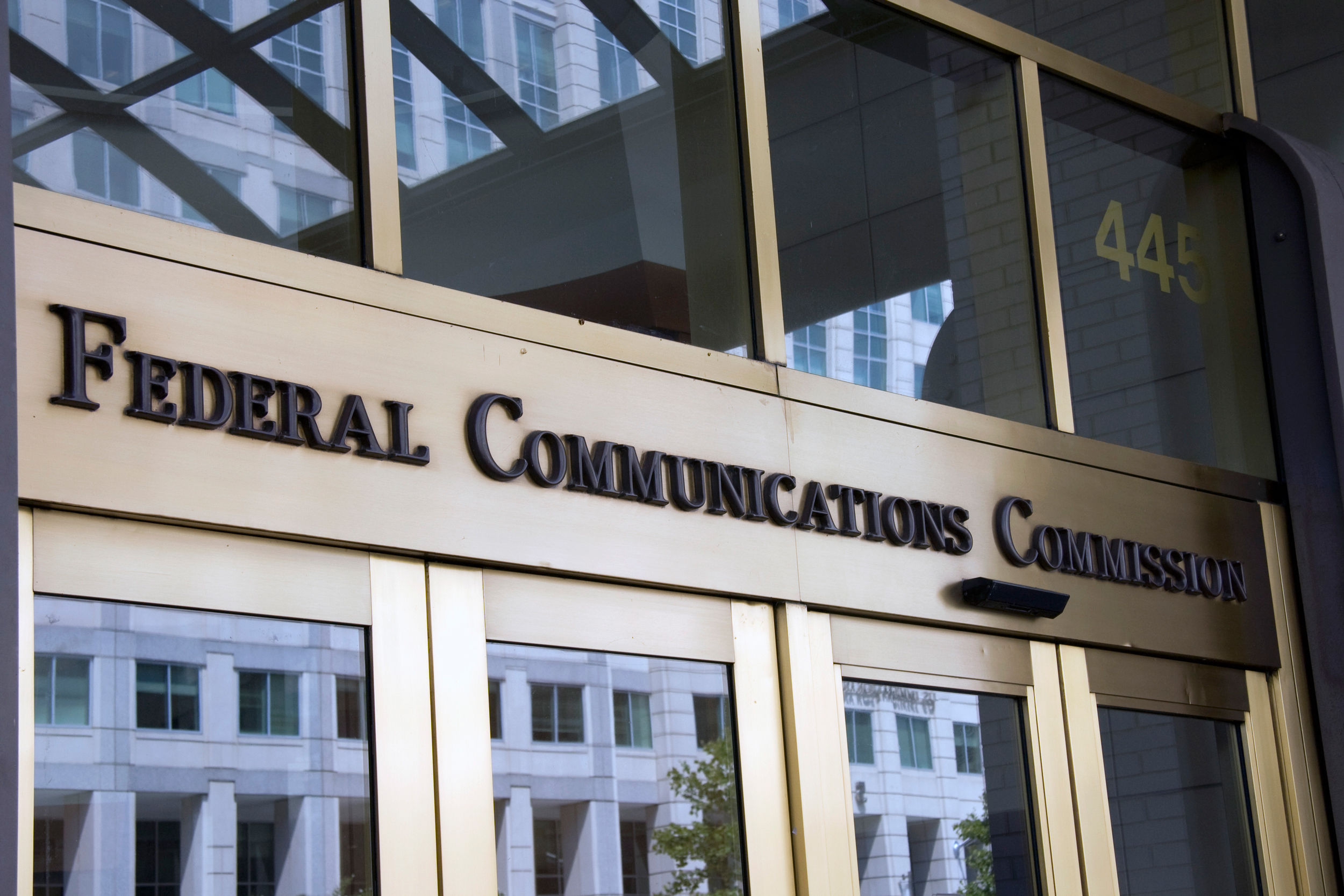NAB: FCC's 'Pointless' Foreign Sponsorship Mandate Targets 'Phantom Harm'
Tells court FCC order was arbitrary and capricious

The smarter way to stay on top of broadcasting and cable industry. Sign up below
You are now subscribed
Your newsletter sign-up was successful
Broadcasters told a federal appeals court that the FCC's decision to make broadcasters affirmatively investigate whether programming -- including ads and infomercials -- was being paid for by foreign entities was an arbitrary and capricious, unconstitutional response to a "phantom" problem.
That came in a reply brief in broadcasters' challenge to the FCC's unanimous vote last April to boost disclosures for programming on airtime leased by a foreign entity, a decision that came amid heightened focus in D.C. on disinformation campaigns and despite pushback from broadcasters, who argue the FCC is adding regulations to an already overregulated service, including charging broadcasters with the responsibility to investigate for that foreign ownership.
The FCC two weeks ago filed their brief in defense of the decision.
In defense of the suit, the National Association of Broadcasters told the court in its brief this week that broadcasters' duty to find out who pays for programming is confined to doing due diligence to find out from those it deals with directly the source. That is because a court has already ruled that statutory language imposes no burden of "independent investigation" by licensees.
And even if that were not the case, NAB said, the rule change violates the First Amendment because it compels speech, which is a content-based regulation that has to be "narrowly tailored" to further a "sufficiently important" governmental interest.
NAB said far from being sufficiently important, the requirement is "pointless" because it addresses a phantom harm, not real ones, since it is a harm "never known to occur," said NAB.
On the other side, the affirmative obligation on broadcasters means that since, it says, there is a minuscule" chance of any lessor being on the government's foreign entities list, lessors will say, truthfully, that they are not, triggering the broadcasters' obligation to investigate that claim and confirm it. ■
The smarter way to stay on top of broadcasting and cable industry. Sign up below
Contributing editor John Eggerton has been an editor and/or writer on media regulation, legislation and policy for over four decades, including covering the FCC, FTC, Congress, the major media trade associations, and the federal courts. In addition to Multichannel News and Broadcasting + Cable, his work has appeared in Radio World, TV Technology, TV Fax, This Week in Consumer Electronics, Variety and the Encyclopedia Britannica.

